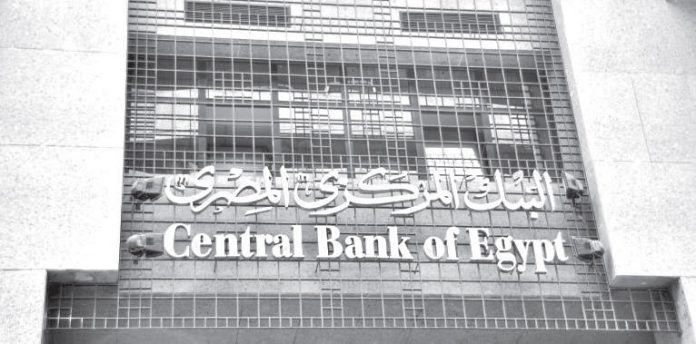By: Rania Imam
By end of 2016 the Central Bank of Egypt (CBE) headed on a mission aiming for promoting a cash-less economy, the Central Bank established the National Council for Payments early January 2017. According to CBE governor the council will work to pivot Egypt towards a cashless society, hence contribute to achieving sound, transparent financial transactions. It is worth noting that the informal sector in Egypt is targeted to be engaged in the economy’s indicators and solid finance, the newly introduced above mentioned council is meant to merge the formal and informal sectors into Egypt’s economy. Therefore, the council works to reduce the formal utilization of cash outside the banking sector. Egyptian governmental institutions proceeded with systematic payments to local vendors through their bank accounts, rather than was the case previously when they used to issue cheques in return for services or purchases, such a move is expected to grow over 2017-2018. On the other hand, Mobile payment systems will play an important role in the targeted shift to a less-cash economy. Since the launch of mobile payments in Egypt three years ago, 6.8 million subscribers for mobile payment accounts have been registered until December 2016, with especially high growth rates in the past year. Confidence in mobile banking, leads to an increase in the number of ATMs and payment terminals, and a payment plan making it obligatory for government employees to receive their salaries through their bank accounts will boost banking penetration levels. Recent initiatives as per the Central Bank’s directions has been towards encouraging Banks to approach remote areas to market their services. Nearly a month ago Alexandria Bank displayed at the remote Meet Abou-Halawa village in Egypt; which was quite a useful event, yet it is hard to convince someone to open a bank account at a bank 20 km away from your village, as when it comes to boosting financial inclusion, obtaining a nearby access to your funds is a priority. Yet, the experience signaled the importance of developing multiple branches in remote villages to primarily achieve the set goal. These Branches can further serve as the engine behind promoting and developing financial growth and sustainable development within these remote areas. Financial Institutions undertaking this crucial step will most definitely access wider markets fostering opportunities and profits. Banks who will lead the remote villages penetration will introduce point-of-service (POS) machines and bank cards, while also provide crossborder payment and international bank card capabilities. Perha more pertinently, the bank will perform a role and service for surrounding smaller regions. Such initiative will transform these remote villages into financial hubs, specially if MSMEs are targeted to boost inclusion. Obstacles that need to be researched prior to active implementation some of which is administrative costs regarding bank transactions and opening accounts to its new clients, Centralization of decision making to expedite bank processes to avoid bureaucracy in communications, loan guarantees and working on a Unified Credit System, in cooperation with the Central Bank, to provide tools to carry out accurate risk assessments and share key data for making lending decisions. Along with, legislations and funds supporting SMEs. At the start banking penetration will be low, mainly due to the persistence of a cash culture, yet continued presence and efforts will allow people easier access to banking services and will yield the returns expected.















